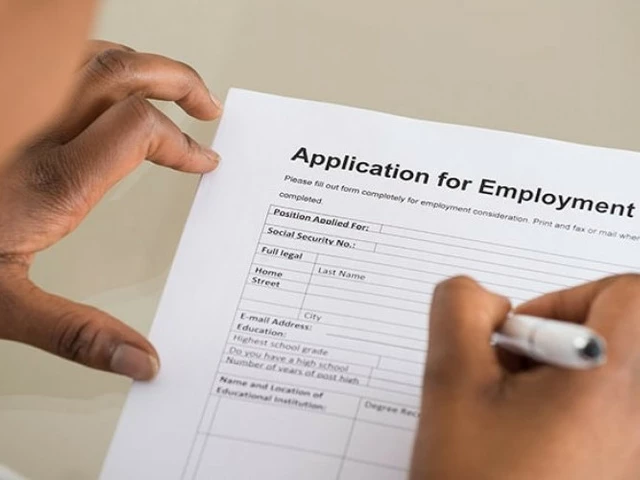Entry-Level Jobs: Your First Step Toward a Real Career
Looking for that first paycheck can feel overwhelming, but the right entry-level job can set you on a path that keeps growing. Whether you just finished college, completed a diploma, or are switching fields, there are dozens of doors waiting to open. The key is to know where to look, what employers expect, and how to show they’re getting a candidate who can learn fast.
Where to Look for Entry-Level Jobs
Most fresh job seekers start with big job boards, and for good reason. Sites like Naukri, Indeed, and Monster list thousands of positions that are tagged as "entry level" or "graduate". Filter by location, industry, or salary to narrow the pool. Don’t forget niche portals: if you want a tech role, check out Shine or Dice; for government jobs, the official recruitment sites often have graduate schemes.
Social media is another gold mine. LinkedIn’s job tab lets you set an “entry level” filter, and you can follow company pages that frequently post opening for fresh talent. Many recruiters also run active groups on LinkedIn or Facebook where they share daily listings. Joining a couple of those groups gives you a steady stream of new posts without having to search every day.
Campus placement cells still matter, especially for engineering, management, and pharmacy graduates. Even if you’re not a current student, many colleges host open placement drives for alumni. Keep an eye on their announcements – they sometimes partner with big firms that only hire through the campus channel.
How to Stand Out as a Fresh Candidate
When you’re new, you don’t have years of experience to brag about, so you need to highlight what you do have. A clean, one‑page resume that focuses on projects, internships, and volunteer work works better than a bloated CV. Use bullet points that start with action verbs – "designed a student portal", "managed a charity fundraiser" – and include any numbers that prove impact.
Cover letters are still useful for entry positions. Write a short note that explains why you’re excited about the role and how a specific skill you have matches the job description. Keep it personal and avoid generic statements like "I am a hard worker" – instead, say "I built a Python script that reduced data entry time by 20% during my internship".
Interview prep can feel nerve‑wracking, but treat it like a conversation about what you’ve already done and what you want to learn. Practice common questions such as "Tell me about a time you solved a problem" or "Why this company?". If the role involves a skill test, spend a few hours reviewing basics – a quick online tutorial can refresh you on Excel shortcuts or basic coding concepts.
Lastly, consider short certifications. A one‑month digital marketing course, a Google Data Analytics badge, or a basic project‑management certificate adds credibility and shows you’re proactive. Many employers view these tiny upgrades as a sign that you’ll keep growing on the job.
Landing an entry‑level job isn’t about magic; it’s about using the right tools, presenting yourself clearly, and showing a willingness to learn. Keep applying, tweak your resume for each posting, and stay active in the communities where recruiters hang out. Within a few weeks you’ll likely hear back, and soon enough you’ll be stepping into your first real role – the launchpad for everything that follows.
18
What are the best websites for finding jobs for a fresher?
As a fresher looking to step into the professional world, I've found several websites to be incredibly helpful in my job hunt. LinkedIn tops the list, acting as a networking platform as well as a job search site. Indeed and Glassdoor are great for browsing numerous job listings and getting insight into company culture. Naukri.com is particularly beneficial for those seeking opportunities in India. Lastly, Internshala is excellent for fresh graduates looking for internships or entry-level positions.



